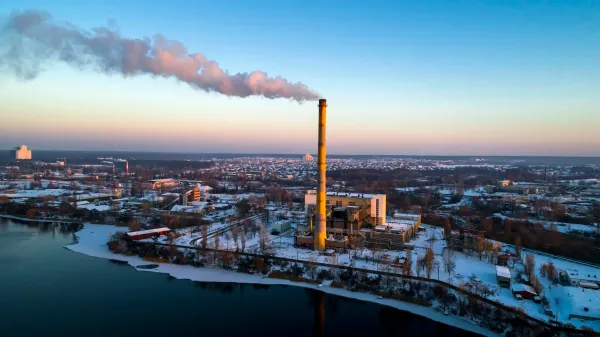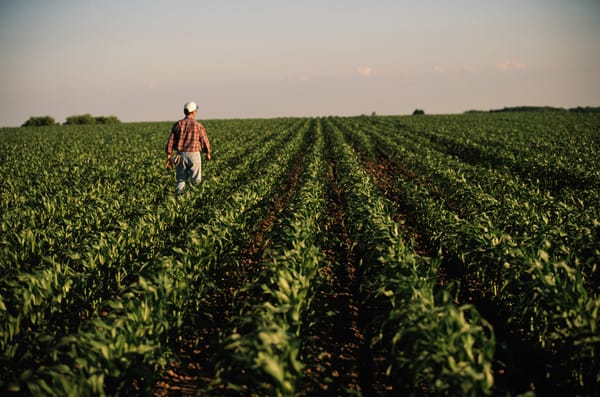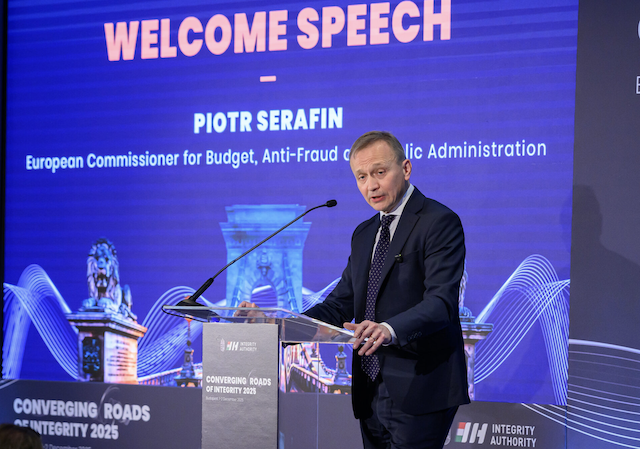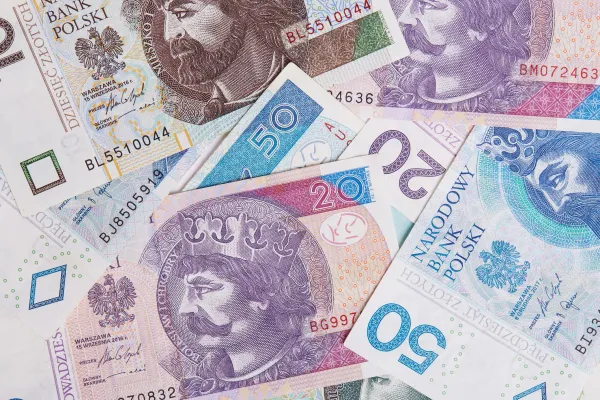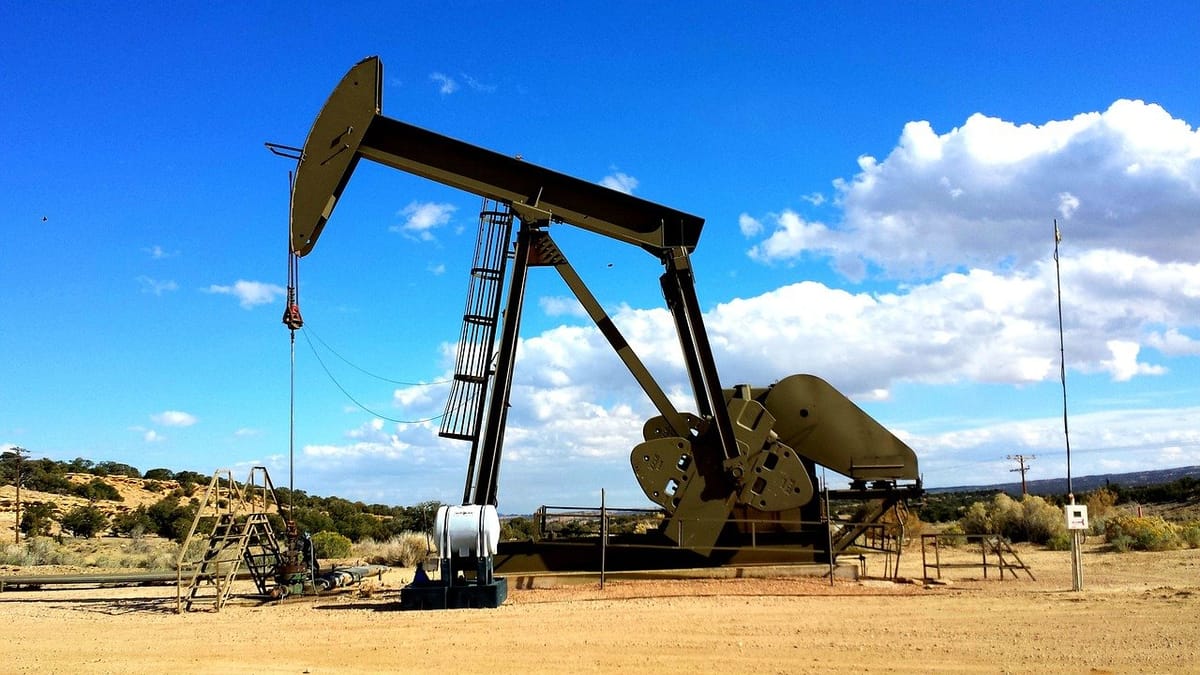
US ban on Russian hydrocarbons the price of "defending freedom"
Russian state media outlets are reporting that Moscow has announced another humanitarian ceasefire to allow civilians to flee. Civilians continued to evacuate Ukrainian cities such as Mariupol, Sumy and Kyiv on Tuesday, but authorities said shelling continued in some areas and it was unsure whether humanitarian aid shipments would reach their destinations. Two million refugees have fled the country since Russia invaded, according to the UN.
The United States commenced a complete ban of oil, gas and coal imports from Russia on Tuesday. President Joe Biden called it “another powerful blow” to his Russian counterpart Vladimir Putin and said it was the price for “defending freedom”. The BBC notes that the ban has bipartisan political support in the US despite skyrocketing petrol prices. The price of Brent crude rose to USD 130/barrel.
Meanwhile, Russia may shut off the natural gas in its main pipeline to Germany, putting the squeeze on Europe, which relies on Russian sources for 40% of supply. As Europe cannot rely on exporters such as Algeria and Norway for extra capacity, supplies of LNG destined for Asia could provide one lifeline. In the bigger picture, the European Commission is working on a proposal to make Europe independent from Russian fossil fuels before 2030. Diversifying gas supplies and bringing “renewable” gasses (like hydrogen) to market are elements of its so-called “REPowerEU” plan, which seeks to reduce EU demand for Russian gas by two-thirds before the end of the year.
Commenting on the controversial Nord Stream 2 pipeline, which has been shelved due to Russia’s invasion of Ukraine, US Under Secretary of State for Political Affairs Victoria Nuland declared it dead, calling it a “hunk of metal at the bottom of the sea” in her address to US senators.
Tuesday oil and gas supermajor Shell said it was sorry for buying a shipment of Russian crude oil last week and says it will not do that going forward.
Following the US ban and UK phase-out of Russian hydrocarbon imports, Russian President Vladimir Putin has signed a decree that will for the remainder of the year ban the export of certain commodities and raw materials to specific countries – both of which are yet to be decided. The BBC points out that Russia is also a major global supplier of grains and metals, including 40% of the world’s palladium.
The US rejected an offer of MIG-29 jet fighters from Poland which would presumably be sent to Ukrainian forces – sending planes to Ukraine is Poland’s decision and the prospect of Polish fighters taking off from NATO bases and flying over contested airspace “raises serious concerns for the entire Nato alliance,” according to US Defence Department spokesman John Kirby. The US has been working on a deal with Poland to get fighter jets to Ukraine, with Washington providing replacements to Warsaw.
In a virtual meeting with French President Emmanuel Macron and German Chancellor Olaf Scholz, China’s President Xi Jinping called the situation in Ukraine “worrying” and said the three countries should jointly support peace talks between Russia and Ukraine. Beijing has neither condemned nor condoned Russia’s invasion of Ukraine.
Western companies continued to announce their curtailing of activities in Russia. McDonald’s said it would temporarily close its 850 outlets there, Coca-Cola and PepsiCo are also suspending operations, and British consumer goods giant Unilever will stop all imports and exports of its products to/from Russia. On Wednesday morning, Heineken was the latest major brand to halt its operations in the country.
Source: BBC, Al Jazeera, CNN

